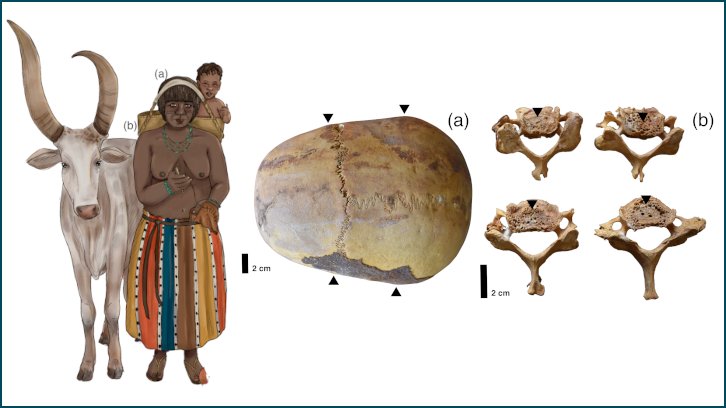TRANSFRONT Project: Reactions to fascism in Spain (1934-1939) with an in-depth look at today's world

A research team led by the Department of Modern and Contemporary History at the UAB is carrying out the TRANSFRONT project to analyze the communist response and subsequent counter-revolutionary reaction to the rise of fascism in Europe during the 1930s. It does so through the case of Spain and under a transnational and gender perspective. Understanding and learning from the past can help us tackle the current rise of the far right.
The rise of Fascism in Europe in the 1920s and 1930s transformed the workings and the reality of the European continent and, also, of the whole world. Practically a century later, and not necessarily in the explicit form of fascism, but of the far right, the dynamics experienced in the last century are beginning to present more points of contact with those decades. Analyzing the reasons and logics with which European citizens of the last century reacted to this new reality, it becomes an interesting, and necessary, background to face the current rise of the far right worldwide.
The TRANSFRONT project does this by studying the Spanish case between 1934-1939, insofar as it was one of the main world scenarios of this dynamic. And it does so through the popular front tactic developed by the Communist International, the internationalist organization that brought together the communist parties identified with Soviet communism. This analysis is also done from a transnational perspective, that is, we want to know what reactions were created by this Popular Front’s tactic for Spain from 1934-1939 in the Spanish scenario itself, but also how this Spain attracted the attention of France, Italy, Germany, Britain and the United States.
The project gives voice not only to the supporters of the popular front strategy, the communists, but also to those who collaborated with ideological and conceptual affinity, the socialists. But also, and in this way the two sides of the same coin can be faced, those who opposed it, both counterrevolutionaries and openly fascists. The gender perspective is also contemplated in this project, since it addresses the degree of political mobilization of Spanish communist and socialist women towards Fascism, as well as the points of contact, but also differences, that were created between communist and socialist women when facing anti-fascism.
In short, TRANFRONT reconstructs how Spanish communists and socialists, but also French, Italian, British and American, became interested in and involved in the Spanish events of 1934-1939. But also, how this anti-fascist mobilization was fought by the ranks of the Nazi party and the German National Socialist State, and also by its Italian counterpart, as well as by numerous circles of French, American and, also, Spanish counter-revolutionary intellectuals.
Members of the research team: Josep Puigsech Farràs (Main Researcher), Francisco José Morente Valero, Jordi Pomés Vives, Fernando Hernández Sánchez (Universidad Complutense de Madrid), Andreu Espasa De la Fuente, Joan Pubill Brugués.
Members of the working team: Gabriel Rabelo de Oliveira, Aida Granell Ruiz, David Jorge Penado (El Colegio de México).
Department of Modern and Contemporary History
Universitat Autònoma de Barcelona
References
PID2023-153103NB-I00. The Popular Front Strategy in Transnational Perspective: Communist, counterrevolutionaries and the Popular Front in Spain, 1934-1939, funded by the Ministry of Science, Innovation and Universities within the framework of the Knowledge Generation Projects.
Miembros del equipo de investigación: Josep Puigsech Farràs (Investigador Principal), Francisco José Morente Valero, Jordi Pomés Vives, Fernando Hernández Sánchez (Universidad Complutense de Madrid), Andreu Espasa De la Fuente, Joan Pubill Brugués.
Miembros del equipo de trabajo: Gabriel Rabelo de Oliveira, Aida Granell Ruiz, David Jorge Penado (El Colegio de México).


